“Wine can be music and just like music it’s not just a matter of sheet music.”
José Joaquín Cortés, famous Spanish Food and Beverage Advisor, defines with this sentence the meaning of wine for him.
José Joaquín Cortés has been a gastronomic consultant, sommelier, taster and mixologist since 2005. He currently works as a freelance consultant for food and beverage companies, hotels and event organizations, nationally and internationally.
Best sommelier in Spain “Nariz de Oro” , runner-up in the world in the “Habanosommelier International Contest”, among other awards.
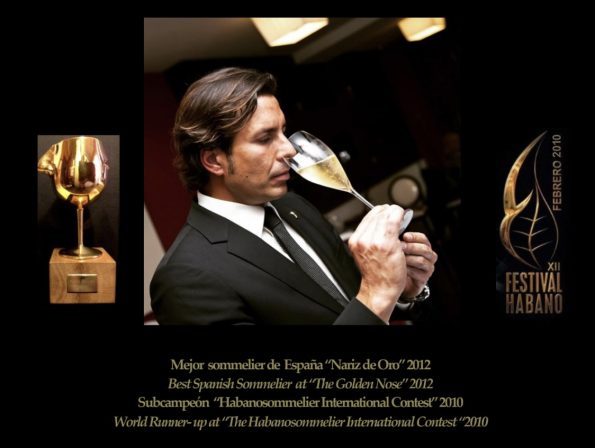
In the world of cinema, he has been collaborating nationally and internationally since 2010 as a gastronomic and events consultant with producers and institutions, such as the Spain Film Commission, the Seminci film festivals in Valladolid, Zinemaldia in San Sebastián, Málaga and that of European cinema in Seville In the same way in premieres and premieres of numerous films, in several editions of the Goya awards for Spanish cinema and other public events related to this field.
Author of his own blog “Diario de un Sommelier” on his website www.josejoaquincortes.com
and collaborator as a sommelier and gastronomy expert in various media on radio and TV, such as the MasterChef program on TVE.
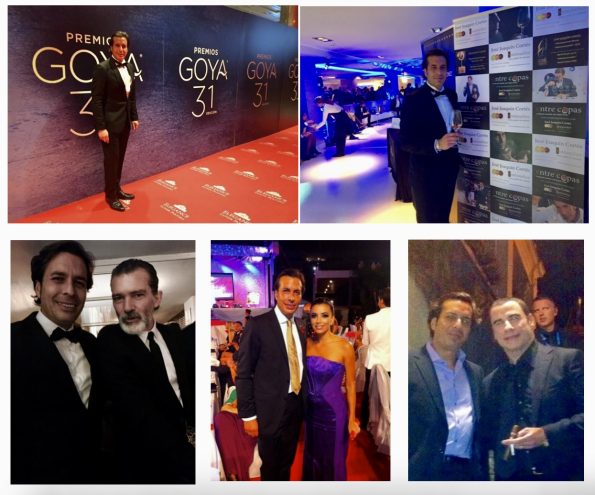
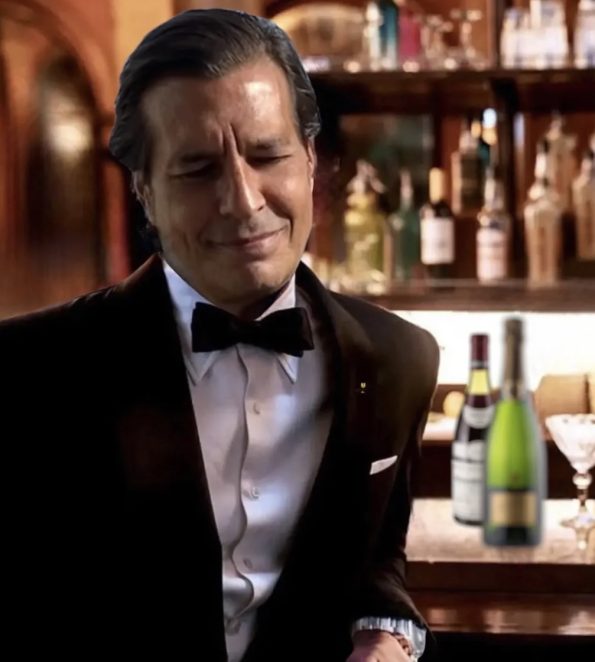
In the same way, he has been collaborating since 2020 as a prescriber of gourmet foods and beverages on Amazon with his own online sales section: https://www amazon es/shop/josejoaquincortes
Expert in sensory analysis of wines, spirits, mixology, and cocktails, coffee, cigars and gastronomic products. Trainer in food and beverage management, HR management in hospitality, gastronomic marketing, customer service and negotiation techniques and suggestive selling.
Since 2018, within its professional brand, it has been launching its own selection of various brands of premium beverages (wines, spirits and coffee) and gourmet food (Iberian acorn-fed pork products, foies, extra virgin olive oils). , preserves, cheeses, salted and smoked) for the Horeca and final consumer channels nationwide.
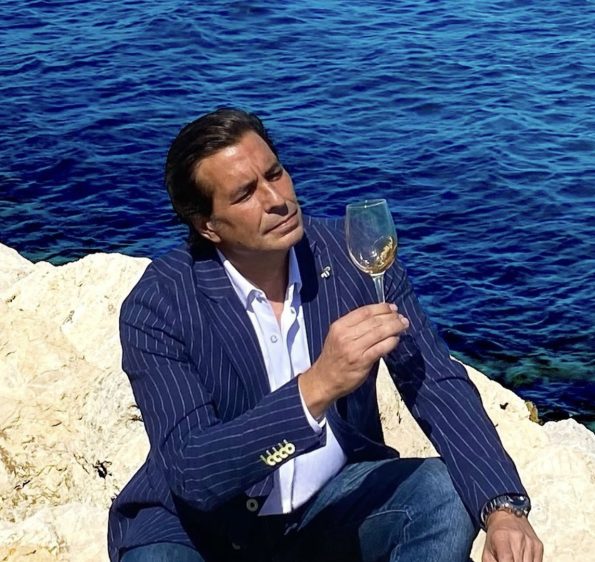
Born in Alicante (Spain) and resident in Seville, he has a Law Degree from the University of Valencia, a Master’s in International Business Management from the EOI of Seville and a CAP (Certificate of Pedagogical Aptitude) diploma from the University of Seville.
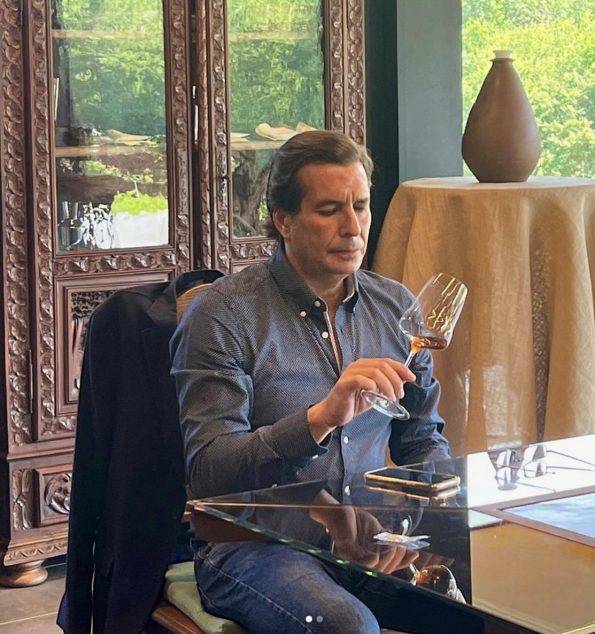
How was your love for wine and gastronomy born?
My passion for gastronomy and fine dining began when I was a child, thanks to the culinary culture that my parents passed on to me. Later, they did the same with the wine culture. Over the years, I landed as a human resources legal advisor in a restaurant chain in Seville. This whole process, together with the genetics of smell and taste that nature gave me, was the perfect storm for me to dedicate myself professionally years later as a gastronomic consultant, sommelier and taster to this wonderful world.
A sommelier is born or made?
A good sommelier must start from a series of vocational attitudes that are inherent to his professional role, such as customer and company orientation, attention to detail, sensitivity and good taste, the ability to analyze and interpret the product and how to transmit it based on each context, naturally share his knowledge and transmit pleasure and happiness to his client with the resources he has. Part of these attitudes are innate but they must be developed and managed day by day. On the other hand, one of the fundamental skills of a sommelier is the sensory analysis of food and drinks and the genetic factor of sensory perception is fundamental in that capacity.
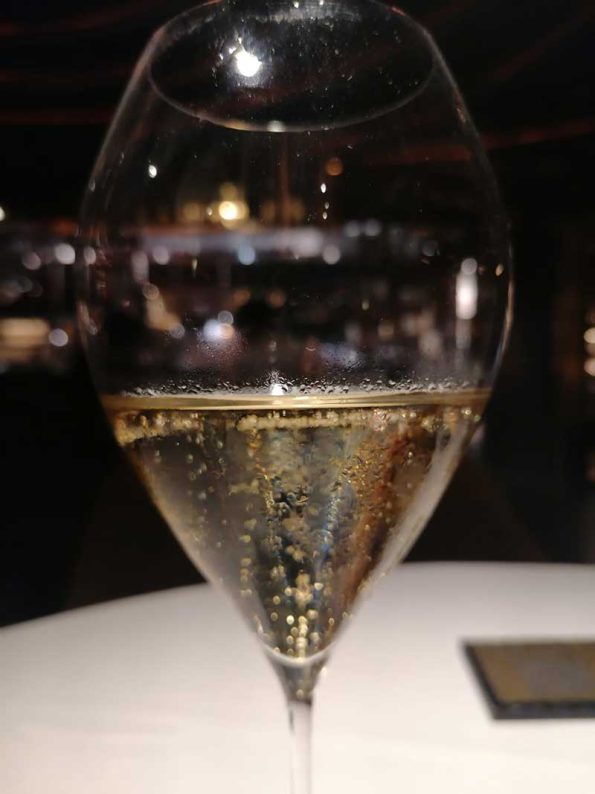
What is really the role of a sommelier?
The 80% of sensations come from smell and the 20% from taste buds. How can you distinguish so many notes in the different wines and champagnes?
In this part of my work as a taster, my sensory genetics have helped me a lot. The rest, to a large extent, is the result of study and daily work, curiosity, analysis of agro-food and gastronomic production… and of course, passion for what I do.
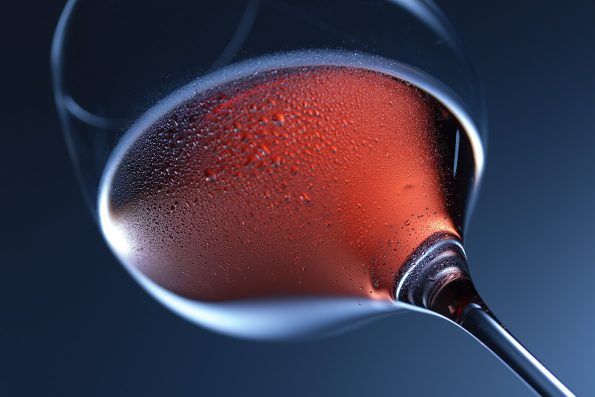
How you can made the perfect tasting?
There is no such thing as perfection in a tasting. You must always be cautious when tasting, analyzing and interpreting a product. And complete a tasting at as many times as necessary.
Why is red wine preferred in spite the white or rosé?Customers really allow you to advise them with your suggestions?
Red wine is generally more complex and opulent than white, rosé and sparkling wines, and is the most traditional type of wine among consumers. However, in recent years there has been an increase in the interest and consumption of white, rosé and sparkling wines due to their lightness and freshness. From my perspective, I maintain that there is always one or several wine profiles for each context and we have to bet on diversity. As for the customer, the more knowledgeable and restless he is to discover new styles of wine, the more he lets himself be advised.
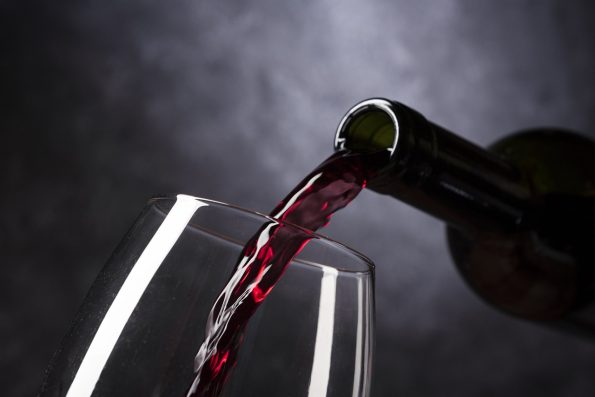
Why is there a different glass for each wine or champagne?
The shape and architecture of the glass are based on the sensory expression of each type and style of wine, especially in the aromatic and gustatory aspects
The pairings are very important in the life of the Sommelier. How can you make a good pairing to find the perfect wine or Champagne?
The study and design of a good pairing, whether by affinity or contrast, should be oriented towards overall pleasure, enhancing both the liquid and culinary elements, also generating original aromas and flavors that those do not possess by themselves.
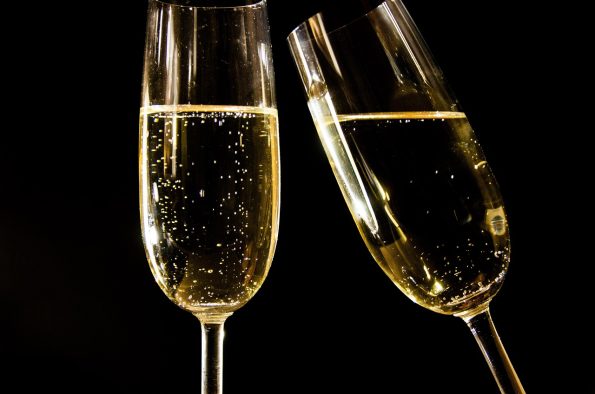
You were «Nariz de Oro» of Spain in 2012.
What requirements are needed to obtain said Award, which is the maximum granted to a Sommelier.
The title of Golden Nose is for life. It was an exciting competition for tasters and sommeliers that stopped being held in 2014. It consists of the ability to blindly taste and recognise wines, spirits and other alcoholic beverages from anywhere in the world using only the olfactory phase of tasting against the clock.
Which wine and Champagne are your preferred?
Every year I taste thousands of wines, spirits, food products, coffees and cigars, so fortunately I have many preferences. On the other hand, it is true that when it comes to wine I have a weakness for production areas such as Burgundy, Jerez, Champagne, Saint-Emilion, Ribera del Duero, Hermitage, Barolo, Barossa Valley…
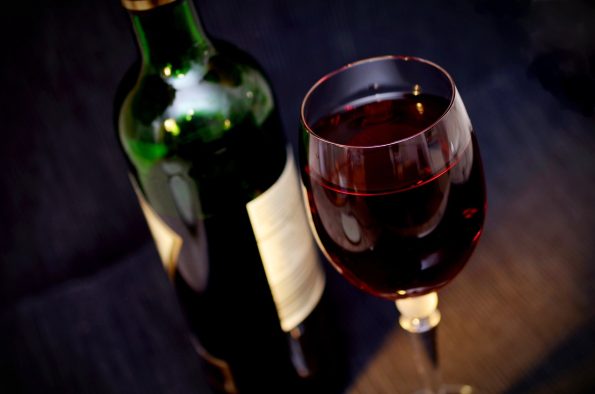
In the last years, have appeared a lot of Sommeliers. It is a fashion only or really a strong profession with a great future?
The world of sommelier, both in its more traditional role in dining room service and in its professional performance in consulting and communication, as is my case, has experienced a great evolution and revolution in recent times, as a result of the growing demand for qualified professionals by companies in the hospitality, food and beverage industry and event organization sectors. On the other hand, it is also true that, just as is happening in the world of cooking, there is a media influence and a trend that attracts people who, without a vocation and without real qualification, decide to proclaim themselves sommeliers overnight and without a vocation for continuity over time.
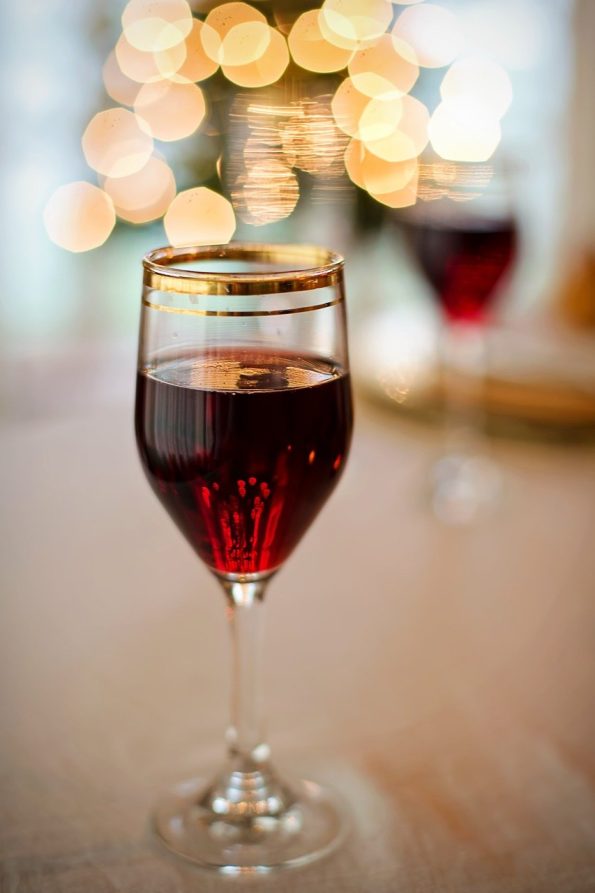
And your future? How do you see yourself in the next years?
I hope that life will continue to give me the privilege of enjoying this world both in Spain and internationally for many years to come. In addition to my work advising restaurants, food and beverage producers and event planning companies, I may in the future start my own small restaurant with a chill-out area by the sea in Spain, operating every year from late spring to the end of summer and where I can implement all the expertise I have accumulated throughout my professional career. On the other hand, among other current projects, I have been developing for five years a selection of limited editions of wines and gastronomic products with my professional brand in co-branding with various Spanish producers. I have just launched two new Spanish wines on the market that you can see and purchase on my website: www.josejoaquincortes.com